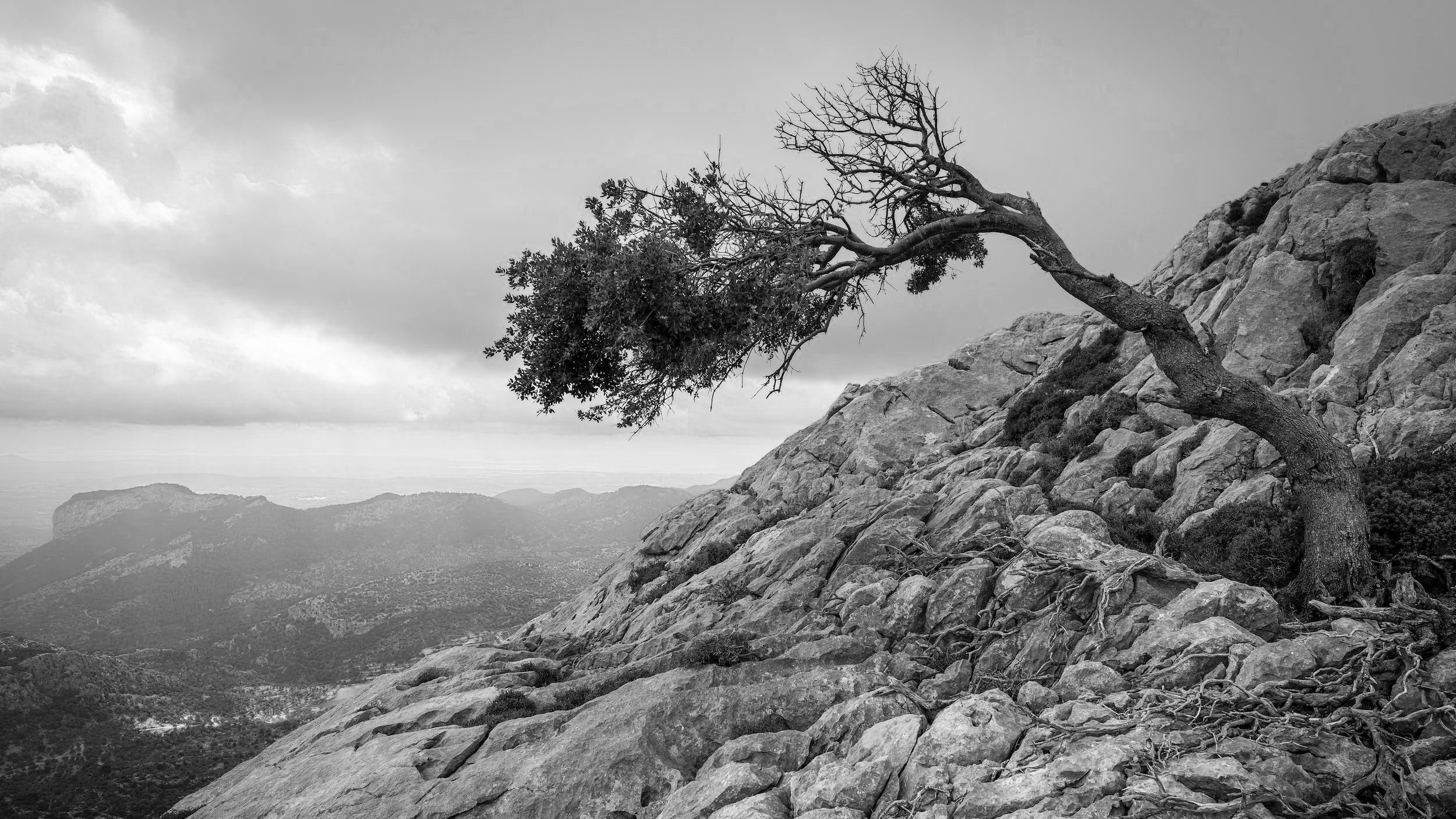Heráclito, resilience and the Financial Director
The word resilience is heard and read everywhere, perhaps because times are hard. Maybe that is why I hear the word in Portuguese, in English, in French, and in other languages that I don't understand very well. Perhaps because we live in such troubled times, people wish to have a characteristic that allows them to face adversity and then resume their lives without a break in focus. An engineer explained to me that material resilience was the ability of a material to be subjected to deformation and then return to its original position. It was also the characteristic of an electrical grid that could supply a point through different paths.
The first idea seems to be that of the bounce back, of returning to the previous state after enduring adversity. Now, in a conversation with a friend of mine, a researcher and psychology professor, he told me that he found this idea inadequate from the psychological point of view, because after we have lived through an experience there is no bounce back, we don't go back to the past, to be again who we once were. We are different after every experience, pleasant or unpleasant. Besides this teacher of mine, another person also with an interesting thought, a Greek named Heraclitus from the 5th century BC, said that it is not possible to "bathe twice in the same waters of the river. Because "everything flows" without ceasing, he would have said.
So I see resilience more as an idea of our transformation as we overcome adversity by reflecting. It is through reflection that we can transform our way of being, of being in the world, of seeing ourselves, others, and the situations we experience.
This is related to a story (true, but with fake names to ensure confidentiality) that I came in contact with in my professional activity as an organizational psychologist.
Dr. Julia, Financial Director of a company, told me that when she was young, she, who had always been a good student, failed a subject in her last year of high school. "Flirtations, age stuff, you know?". But Mom didn't accept it. "You can forget about college, you were lazy, it was your fault, and now you're going to work, so you know what it's like!"
And he did. To the company where his mother worked as a line manager in production. With whom she came across several times a day, bucket and mop in hand, on her way to the toilets. She cleaned the toilets and the urinals, washed the urine-filled floors and endured the disregard to which a cleaning woman was subjected, the arrogance of the men who did not even respect the "being cleaned" sign and who mocked her protests.
He would get to the end of the day and the smell of the toilets would not leave his nostrils. She could still breathe it. And when the big pipe in the main sewer clogged, she was the one who had to move in to fix the situation. This nausea accompanied her for years and was reborn when for some reason she felt the lowest. And she experienced it all as the punishment she deserved, which she voluntarily submitted to, for the great grief she had caused her mother, as she regularly reminded her.
Until a year later, a line manager from another area of the plant came to her and told her:
"Look, Julia, I've been talking to you a lot and I think you should change jobs. Wouldn't you like to change?"
"Yes, of course I could go into production?"
"No, Julia, you are not for production. You are very smart and hardworking, you are for other flights. You know, my husband took a technical course in Quality. There are similar ones, at night, for free. I think you could go and see those chances".
And he went and saw and took the Introduction to Accounting course. She changed companies. She was a clerk in the Accounting Department. Already in her apartment, independent, with her own money, she took her degree in Management at night.
"I am immensely grateful to that lady who told me that she saw me in another job. And I also saw myself in another job. It changed everything for me. Really, it changed everything. It changed my will."
As my engineer friend explained to me, there will also be on the human level resilience (or resistance?) as an individual characteristic, as in "And still I rise" by the poet Maya Angelou. But I believe that in our human networks one person can contribute to another to overcome their adversities by seeing themselves differently. In that each of us can contribute to the resilience of others, through affection, through the bonds that human beings, when at their best, create with each other.
Original published on LinkedIn by Paulo Baptista da Silva, long-time partner at Way Beyond, resident teacher and mentor at WBCC Advanced.

